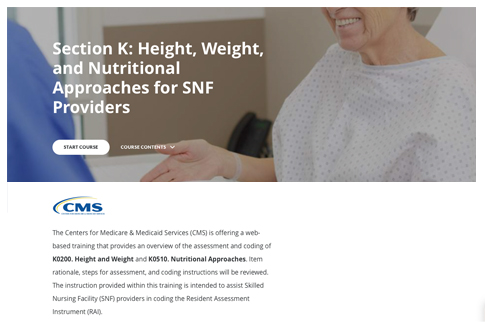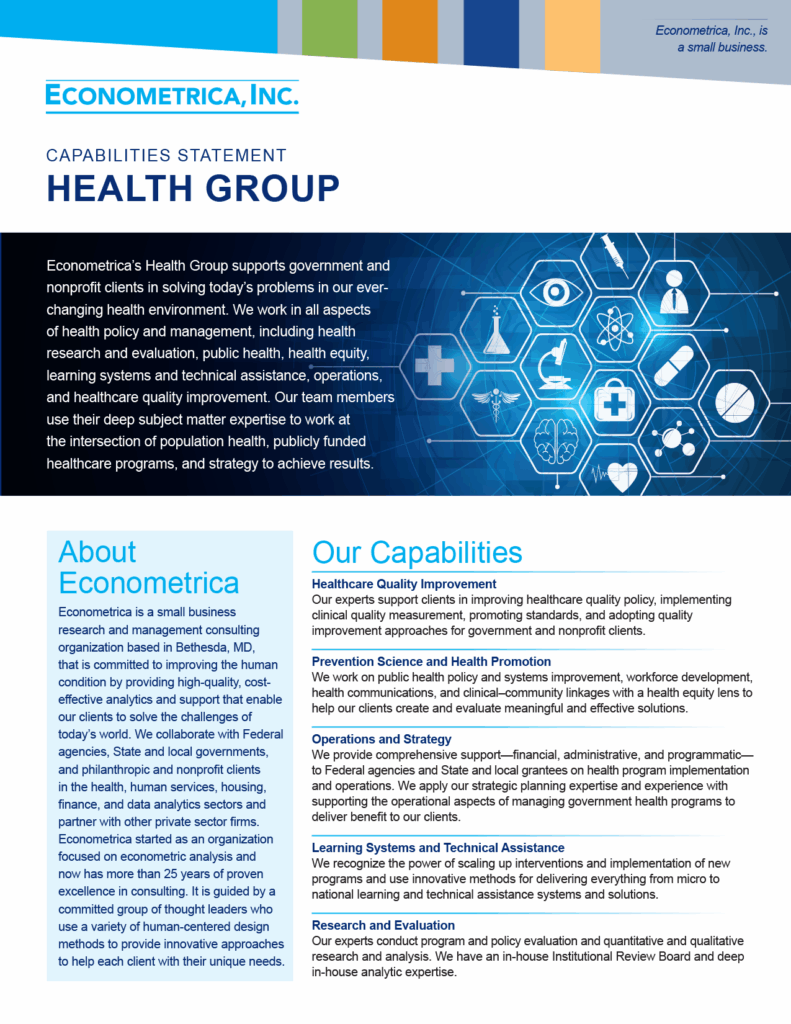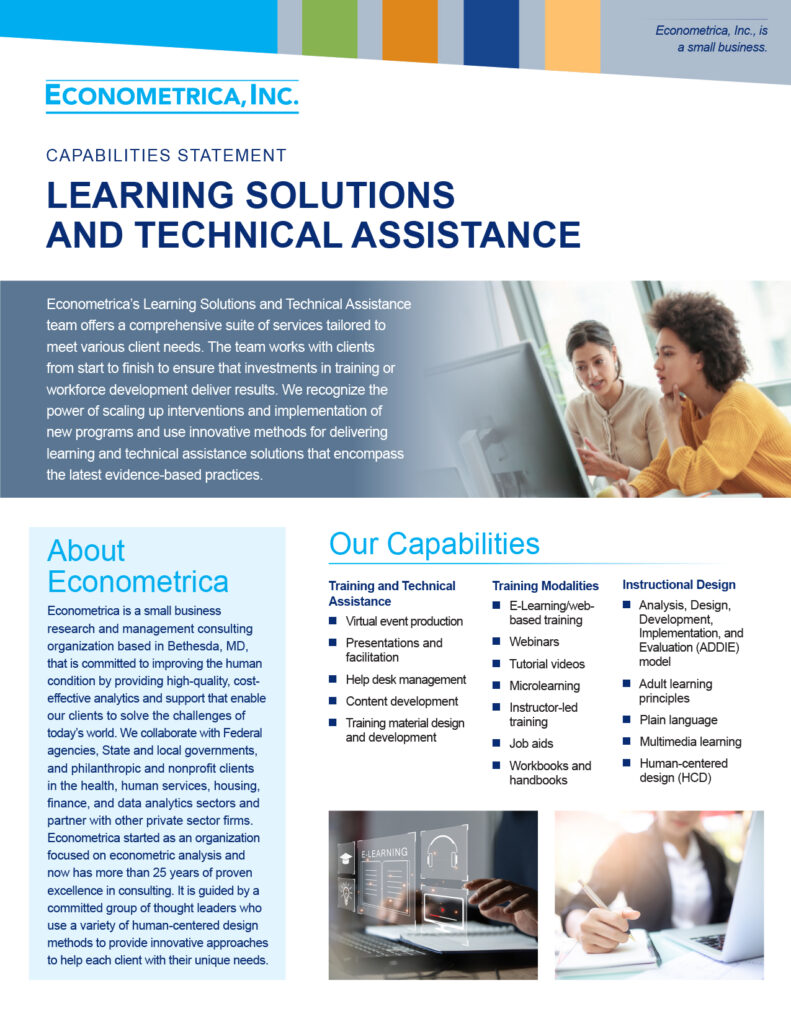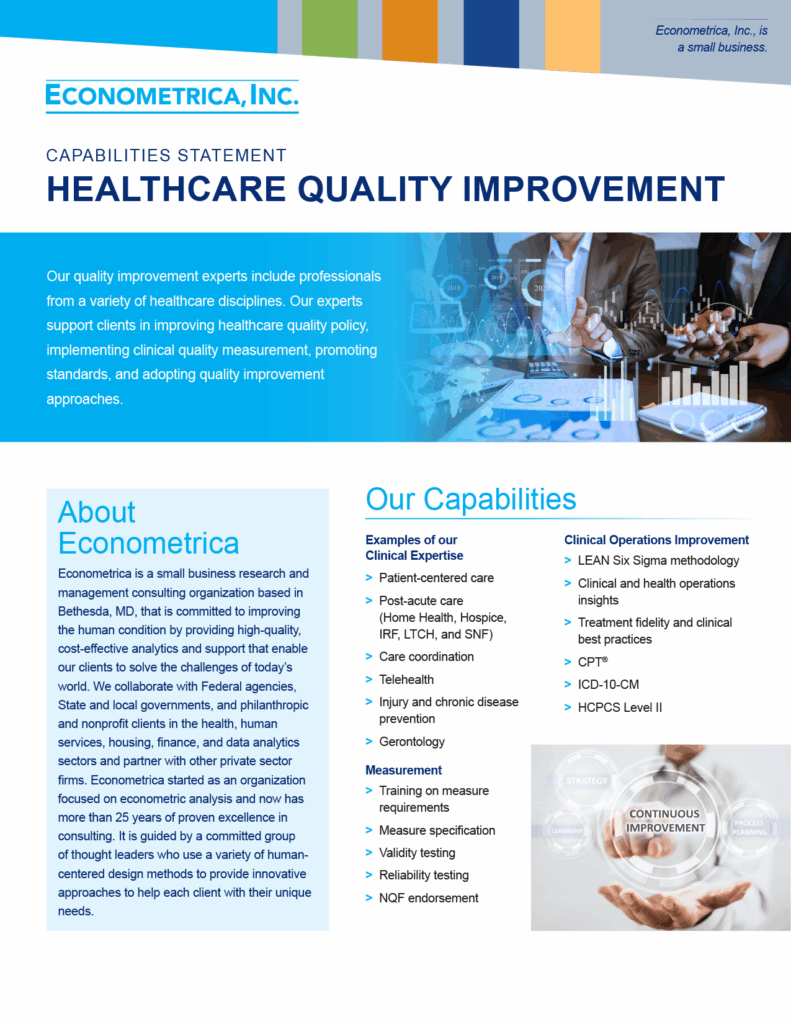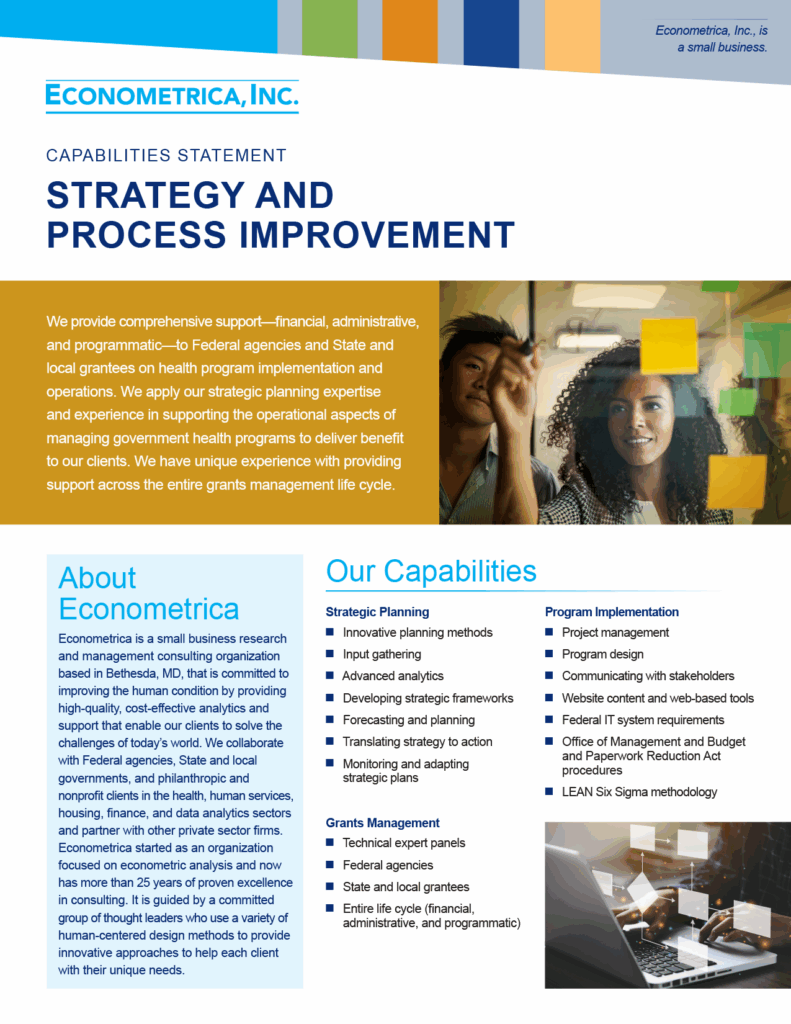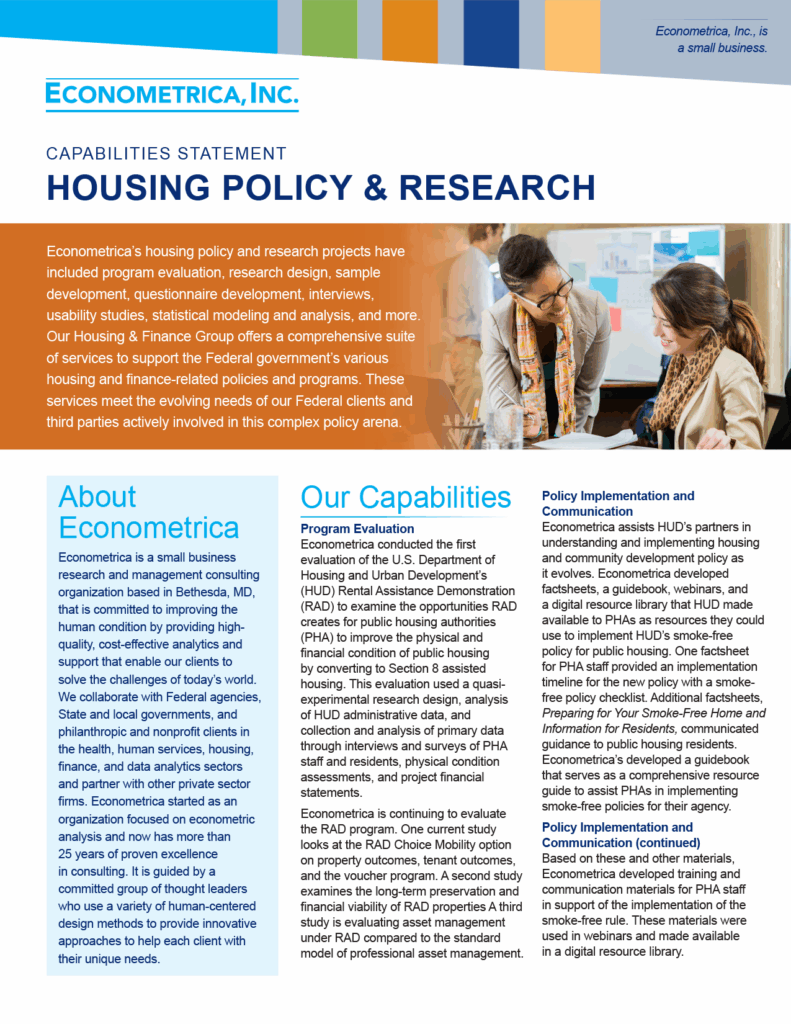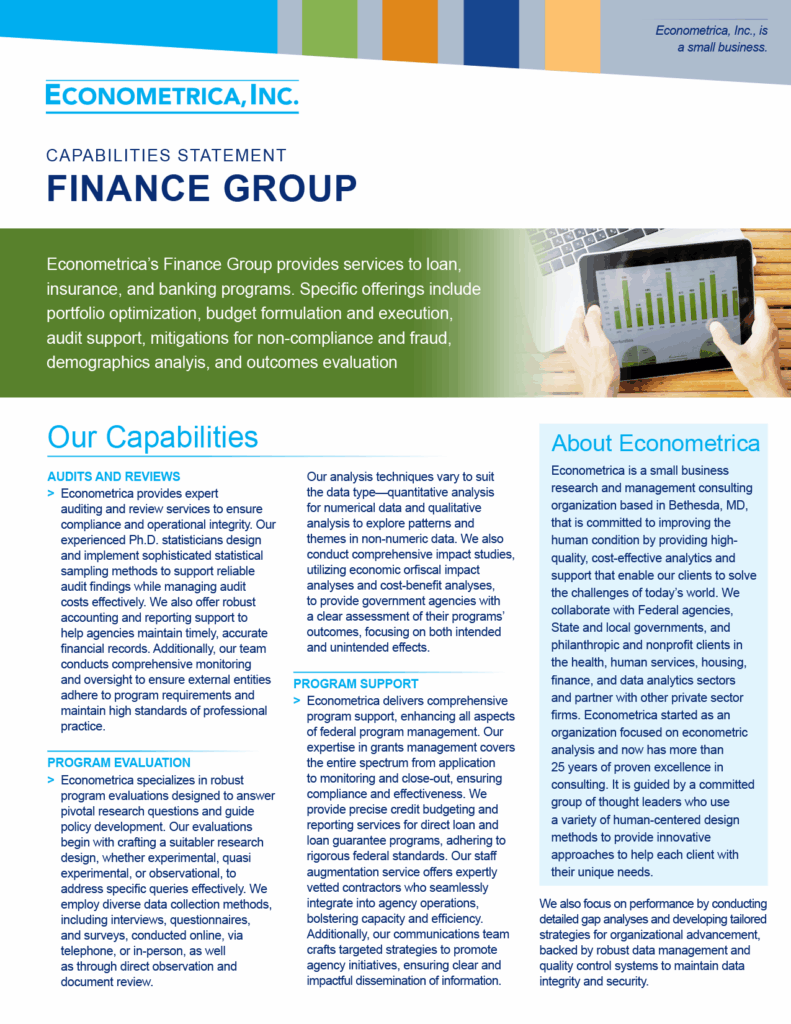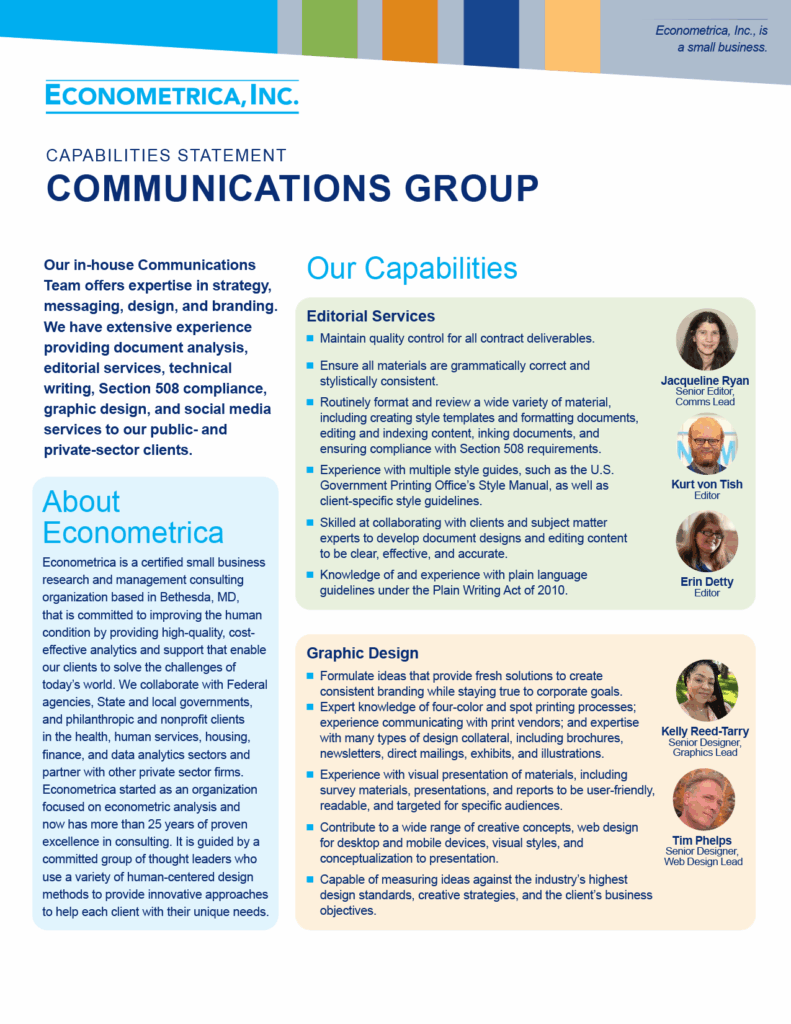CMMI Charts Fresh Course for Next 10 Years
The Center for Medicare & Medicaid Innovation (CMMI) outlined its goals to improve and expand healthcare delivery in Federal programs over the next 10 years in a new white paper released October 20.
The Innovation Center Strategy Refresh aims to bring “describes the Innovation Center’s refreshed vision and strategy and provides examples of approaches and efforts under consideration.” CMMI’s strategy includes five main objectives:
- Drive accountable care: Increase the number of people in a care relationship with accountability for quality and total cost of care.
- Advance healthy equity: Embed health equity in every aspect of CMMI’s models and increase focus on underserved populations.
- Support care innovations: Leverage a range of supports that enable integrated, person-centered care.
- Improve access by addressing affordability: Pursue strategies to address healthcare prices, affordability, and reduce unnecessary or duplicative care.
- Partner to achieve system transformation: Align priorities and policies across the Centers for Medicare & Medicaid Services and aggressively engage payers, purchasers states, and beneficiaries to improve quality, to achieve equitable outcomes, and to reduce healthcare costs.
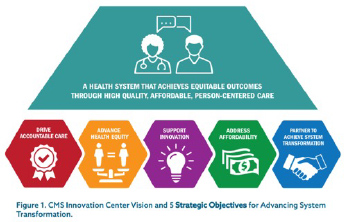
Source: Innovation Center Strategy Refresh.
The refresh comes as CMMI enters its second decade after being created in 2010 as part of the Affordable Care Act. The Innovation Center launched more than 50 models in its first decade aimed at transitioning the U.S. health system to value-based care.
More information can be found here.
Work With Us, Work for Us
Econometrica, Inc., is a small business research and management consulting organization based in the greater Washington, DC, metropolitan area. We are committed to improving the human condition by providing high-quality, cost-effective analytics and support that enable our clients to solve the challenges of today’s world. We collaborate with Federal agencies, State and local governments, philanthropic and nonprofit clients, and private-sector partners in the public health, healthcare, data analytics, housing, and finance sectors.
To work with us on your next project, visit us online or email us at Info@EconometricaInc.com. To explore the benefits of working for us, visit our careers page. Follow us on LinkedIn, X, Facebook, and Instagram.

